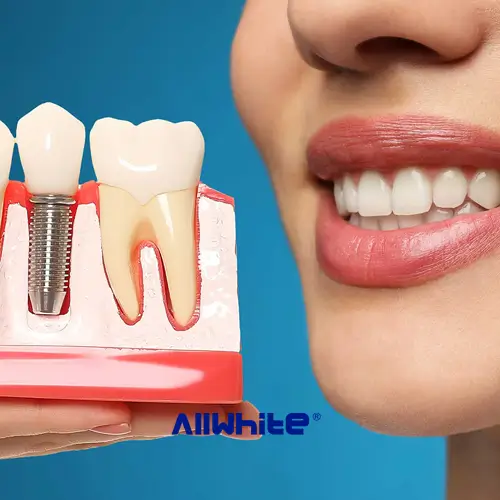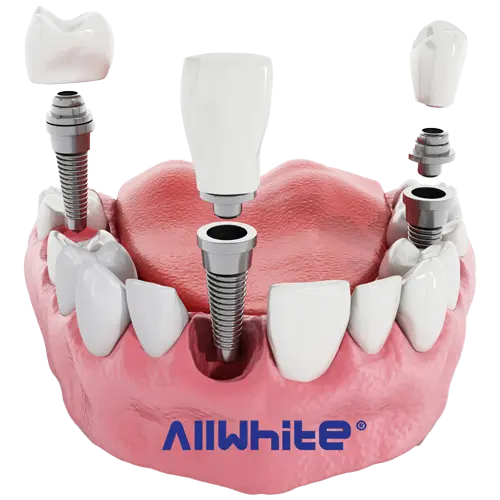Dental implants have revolutionized the field of dentistry, offering a permanent solution to tooth loss. However, like any medical procedure, there are both benefits and potential drawbacks to consider. This article explores the advantages and disadvantages of dental implants, helping you make an informed decision about whether they are the right choice for you.
The Pros of Dental Implants:
Enhanced Aesthetics and Functionality
Dental implants closely resemble natural teeth, providing a natural look and feel. They restore your smile and confidence, allowing you to eat, speak, and laugh without worry.
Durability
Implants are designed to be long-lasting. With proper care and maintenance, they can last a lifetime, unlike some other tooth replacement options.
Preservation of Jawbone
When a tooth is lost, the surrounding bone can deteriorate over time. Implants stimulate the bone, preventing bone loss and maintaining facial structure.
No Impact on Adjacent Teeth
Unlike dental bridges, which may require altering neighboring teeth for support, implants stand independently. This preserves the integrity of adjacent teeth.
Improved Chewing Ability
Dental implants provide strong biting force, allowing you to enjoy your favorite foods without restrictions.
Convenience
Implants eliminate the inconvenience of removable dentures. There’s no need for adhesives or nightly removal, simplifying your oral hygiene routine.
The Cons of Dental Implants:
Cost
Dental implants can be initially expensive. While they are a long-term investment, the upfront cost may deter some individuals.
Surgical Procedure
Implant placement involves oral surgery, which carries inherent risks. Although complications are rare, there’s still a recovery period that needs to be considered.
Time-Consuming Process
Getting dental implants is not an overnight procedure. It requires multiple appointments spread over several months, from implant placement to crown attachment.
Not Suitable for Everyone
Certain medical conditions, such as uncontrolled diabetes and radiation therapy to the jaw, can affect the success of implants. A thorough evaluation is necessary.
Possible Complications
While rare, complications such as infection, nerve damage, or implant failure can occur. Choosing an experienced implant dentist can minimize these risks.
Requires Good Oral Hygiene
Implants demand proper oral hygiene. Neglecting care can lead to peri-implantitis, an inflammatory condition that affects the tissues around the implant.
Conclusion
Dental implants offer remarkable benefits, including enhanced aesthetics, functionality, and long-term durability. They are a fantastic option for those seeking a permanent solution to tooth loss. However, the decision to undergo implant treatment should be made after careful consideration of the potential downsides, such as cost, surgery, and recovery time. Consulting with a skilled dentist who specializes in implants is essential to determine if you are a suitable candidate and to ensure a successful outcome.
In summary, dental implants can be a life-changing solution for many individuals, restoring both smiles and confidence. However, it’s crucial to weigh the pros and cons to make an informed choice that aligns with your oral health goals and overall well-being.



